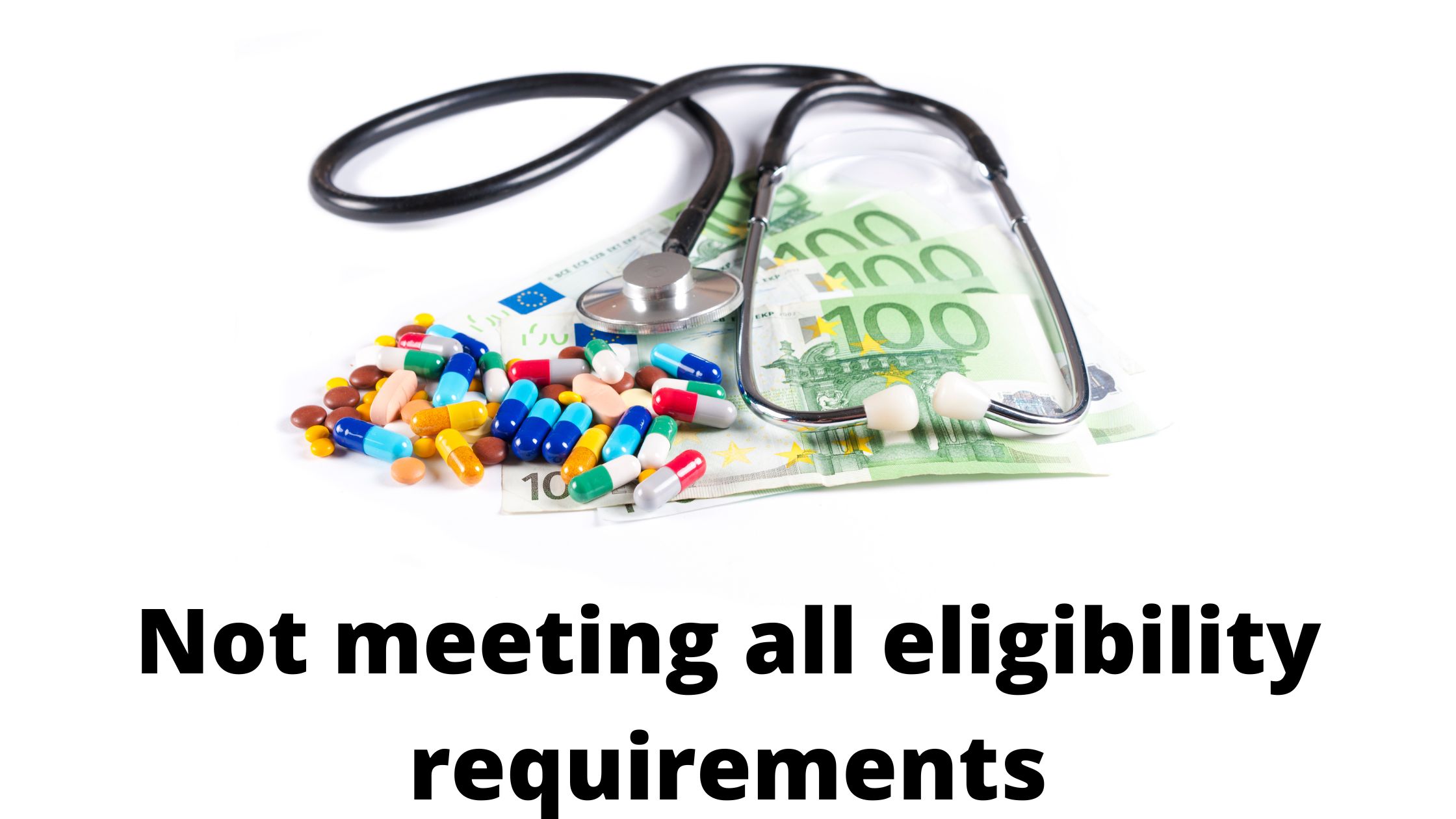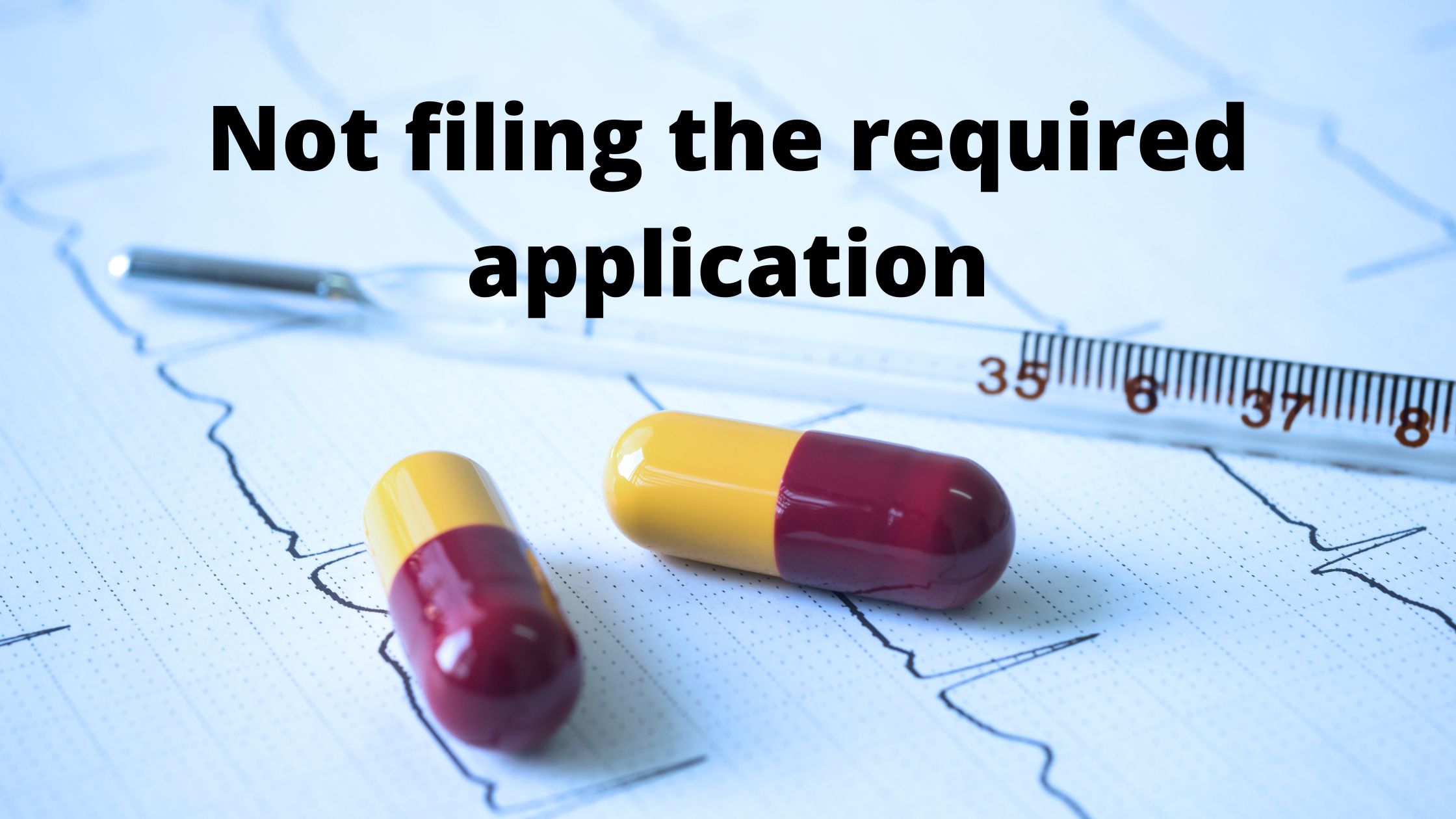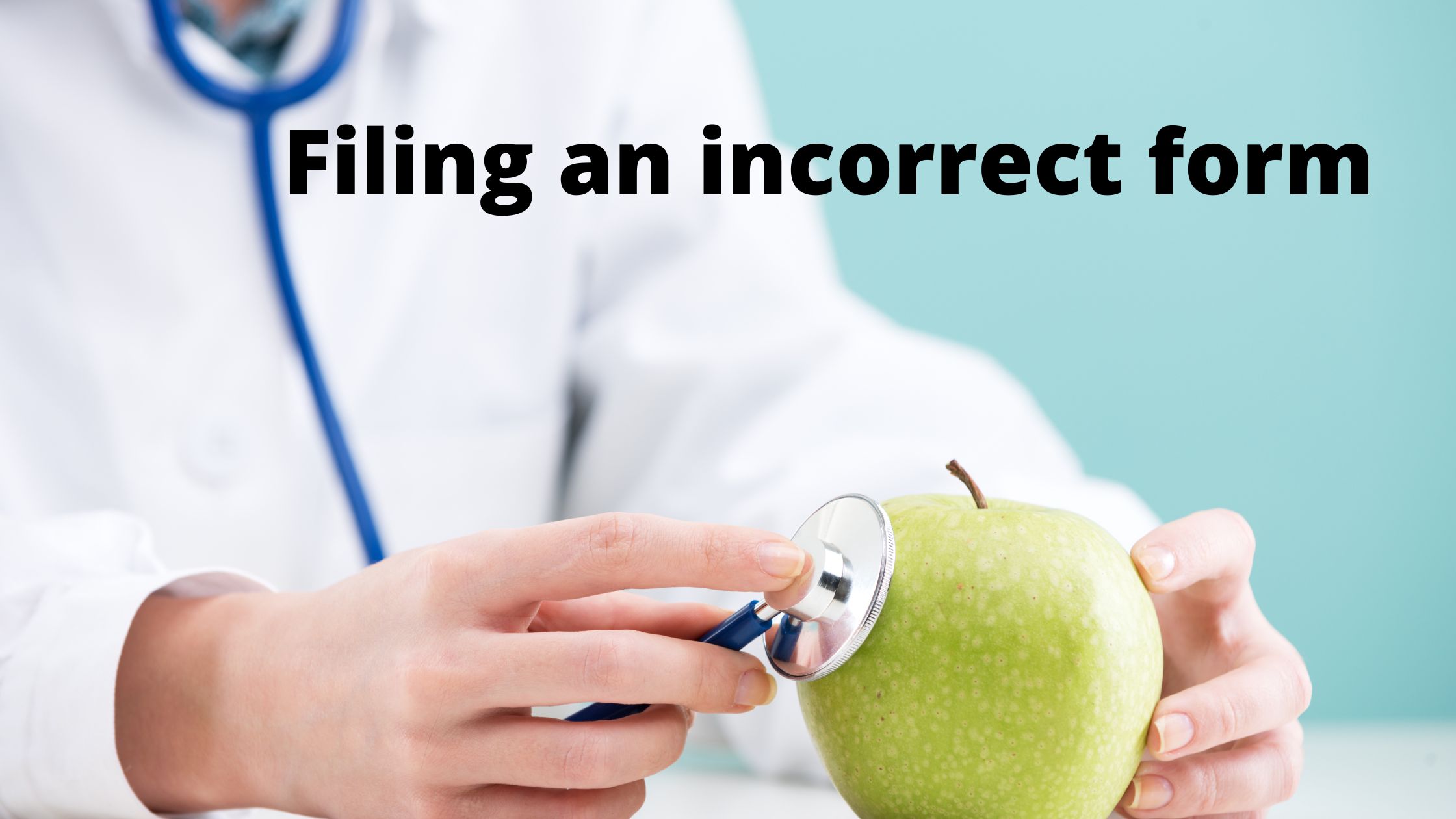Medicaid is a government-run health insurance program for low-income individuals and families. If you are eligible, you may be able to receive benefits such as coverage for hospital care, doctor visits, and prescription drugs. However, if you are filing a Medicaid application, there are certain things that you need to know in order to avoid common errors. In this article, we will discuss five of the most common mistakes people make when filing a Medicaid application.
Not filing the required application
One of the most common errors people make when filing a Medicaid application is not filing the required application. Often, people think they don’t need to file if they are already receiving Medicaid benefits. However, this is not always the case.
If you are not eligible for Medicaid but are receiving benefits from another government program, like Social Security or Medicare, you still need to file a Medicaid application. This is because Medicaid is a government-funded program and all applicants must be approved by the government before they can receive benefits.
If you are unsure whether you qualify for Medicaid, contact your local welfare department or call the Medicaid Hotline at 1-800-621-4138. They can help you determine if you need to file a application and give you more information about the program.
Filing an incorrect form
One of the most common mistakes people make when filing a Medicaid application is filling out the wrong form. There are several different forms you need to file depending on your situation, and it can be easy to get confused.
For example, if you are applying for Medicaid as a childless adult, you will need to file a Medicaid application form called the CHIP Application. This form requires you to provide detailed information about your income and assets. You also need to provide information about any health care coverage you have.
If you are filing a Medicaid application on behalf of another person, you will need to file a Medicaid Application for Families (MAF). This form requires information about the applicant, the applicant’s spouse, and any children who live with the applicant. You also need to provide information about the applicant’s income and assets.
If you have questions about which form to file, or if you think you may have filed an incorrect form, contact your local Medicaid office. They will be able to help you get started with your application.
Not meeting all eligibility requirements
One of the most common errors people make when filing for Medicaid is not meeting all of the eligibility requirements. If you are not eligible for Medicaid, you may be able to qualify for a different program, like CHIP or SNAP.
To be eligible for Medicaid, you must meet all of the following requirements: You must be income-eligible. This means that your income must be at or below 138 percent of the poverty level. Your income can come from any source, including Social Security payments, unemployment insurance, and worker’s compensation.
You must be a U.S. citizen or national.
You must have a qualifying disability. This means that you cannot work and your disability must be considered permanent by the state or federal government.
You must be able to live in the state where you want to apply for Medicaid.
There are some exceptions to these rules, but they are rare. If you are not sure if you are eligible for Medicaid, contact your state health department or call 1-800-MEDICARE (1-800-633-4227).
If you meet all of the above requirements, you can file a application online or by mail. You can also file an application in
Not having documentation to prove citizenship or residency
One of the most common errors people make when filing for Medicaid is not having documentation to prove their citizenship or residency. Without this documentation, Medicaid can refuse to process your application.
If you are unable to provide proof of citizenship or residency, you may be able to provide other forms of identification such as a driver’s license, passport, or military ID. However, if you cannot provide any of these documents, you may still be able to file for Medicaid if you have proof of income or assets. You can also submit an affidavit stating that you are a citizen or resident of the United States.
If you have difficulty proving your citizenship or residency, it is important to speak with a qualified attorney who can help you get started on your application. They will be able to guide you through the process and help to ensure that your application is processed correctly.
Lying on the application
One of the most common errors people make when filing a Medicaid application is lying on the application. By lying on the application, applicants can reduce their income and qualify for benefits that they may not be able to afford.
Another common error people make when filing a Medicaid application is not providing all of the necessary information. By not providing all of the information, applicants may end up losing their benefits or being denied coverage altogether.
People should always consult with an attorney before filing a Medicaid application. An attorney can help to ensure that the application is filled out correctly and that all of the necessary information is provided.

